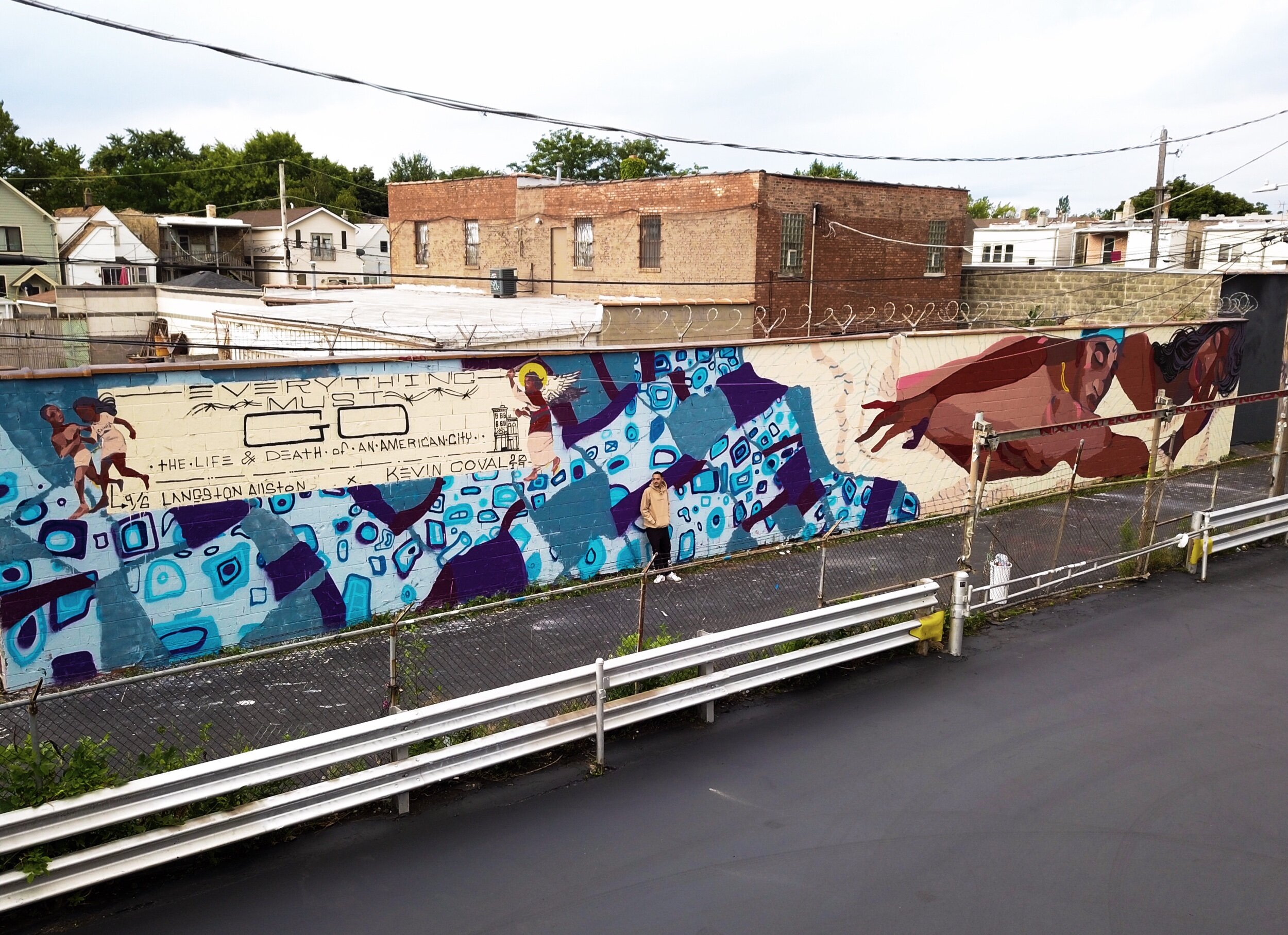
After “Everything Must Go” by Kevin Coval, 2019
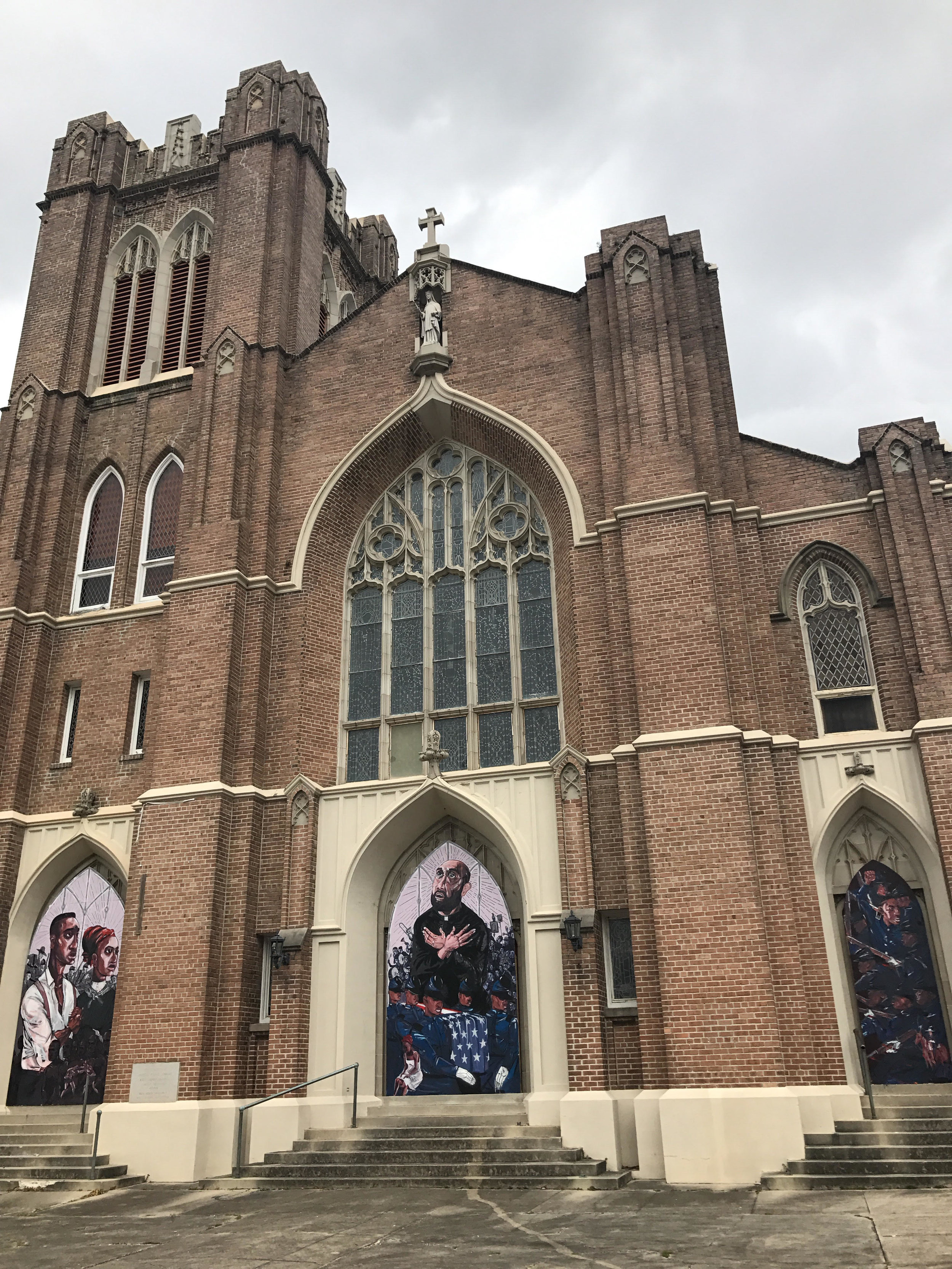
Andre Callioux and Father Maistre’s lives are intimately wrapped into the history of the city. They were trailblazers in the ongoing fight for justice and equality in New Orleans. Cailloux fought valiantly to lift the people of New Orleans out of slavery through his role as an officer in the union army. Father Maistre was the only catholic priest in Louisiana to vocally advocate for emancipation during the Civil War. While his past is checkered with accusations of corruption, during his time in New Orleans he worked for equality and for justice, even when that put him at odds of the Church, and the white members of his congregation.
Maistre organized Callioux’s funeral, and venerated his sacrifice on the battlefield. The funeral proved to be a revolutionary demonstration of the cities conviction to end slavery, and to recognize and respect New Orleans’ black residents. It was the largest gathering of African Americans, free and enslaved, in the city up to that point in history. The massive funeral procession extended more than a mile through the city, and provided a powerful counterpoint to the constant support for slavery and the Confederacy most white New Orleanians maintained throughout the war.
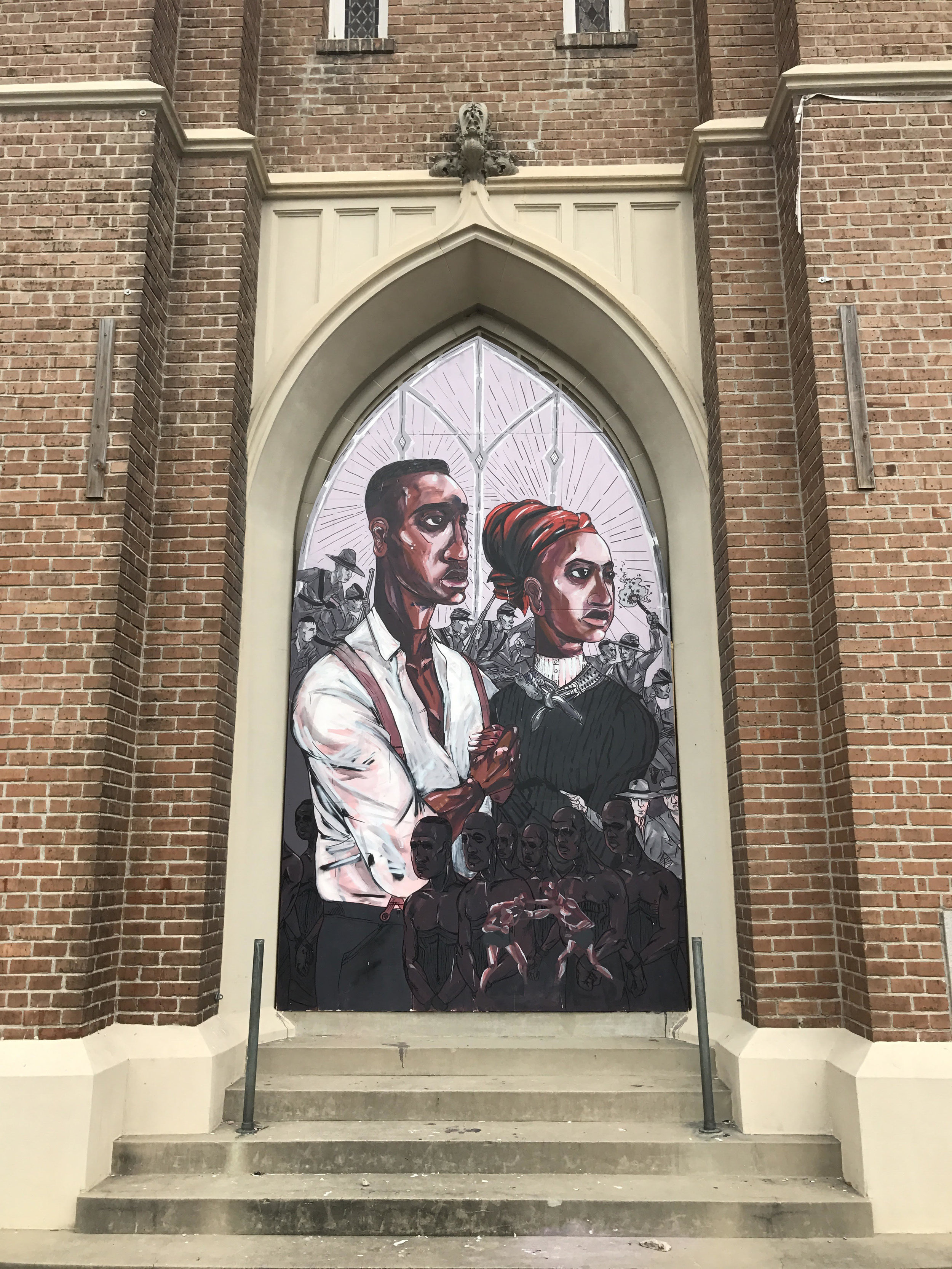
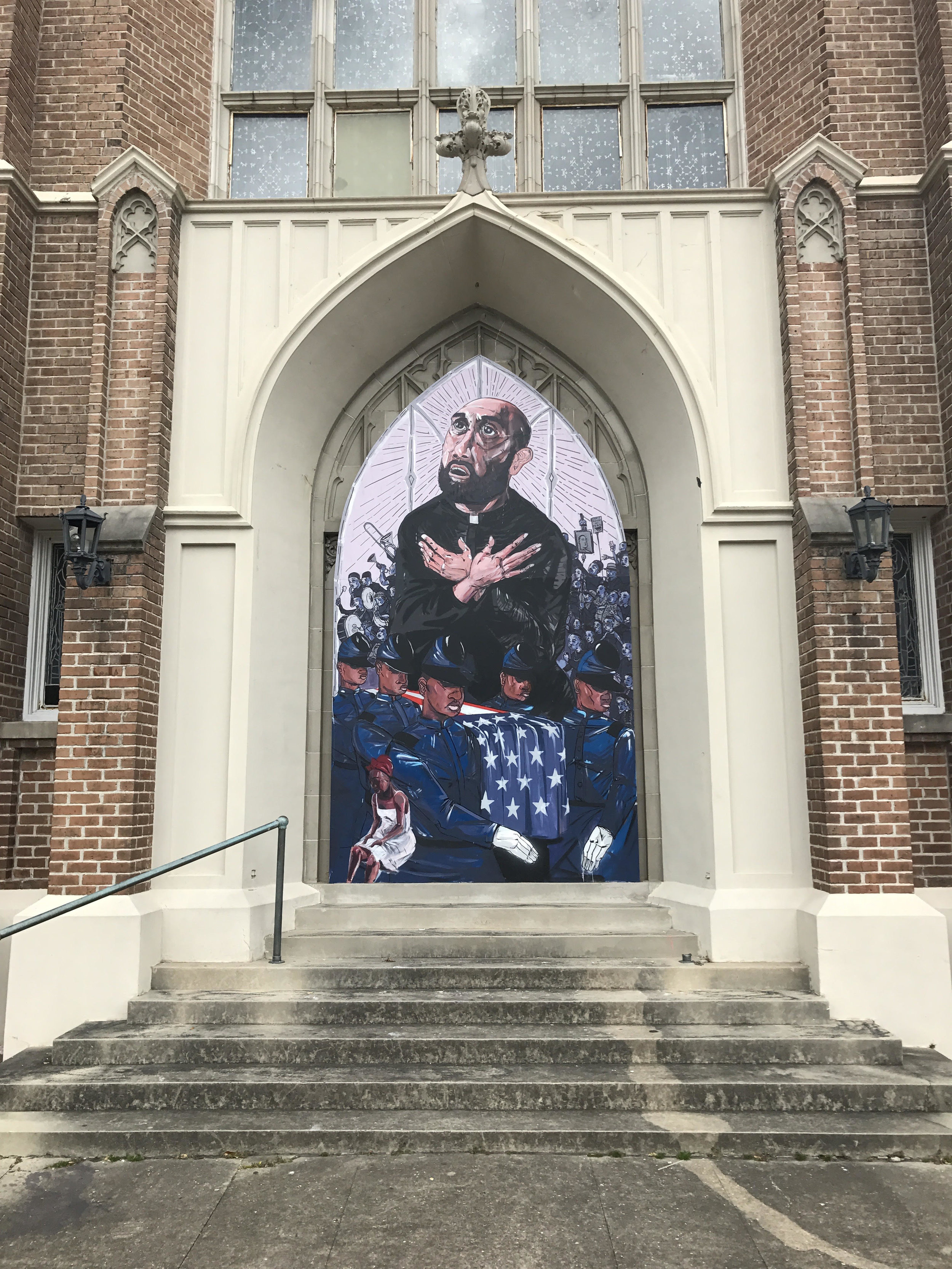
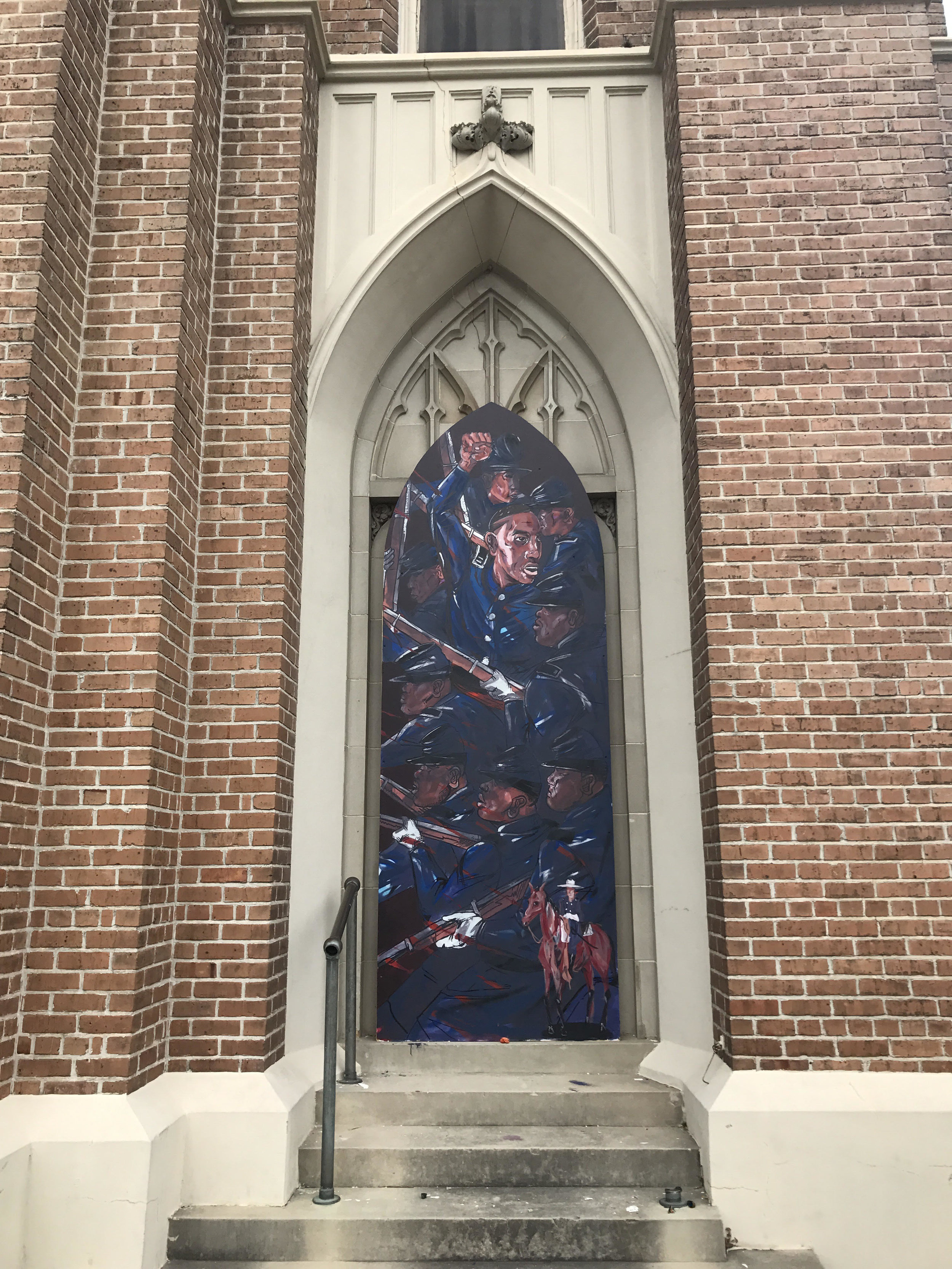
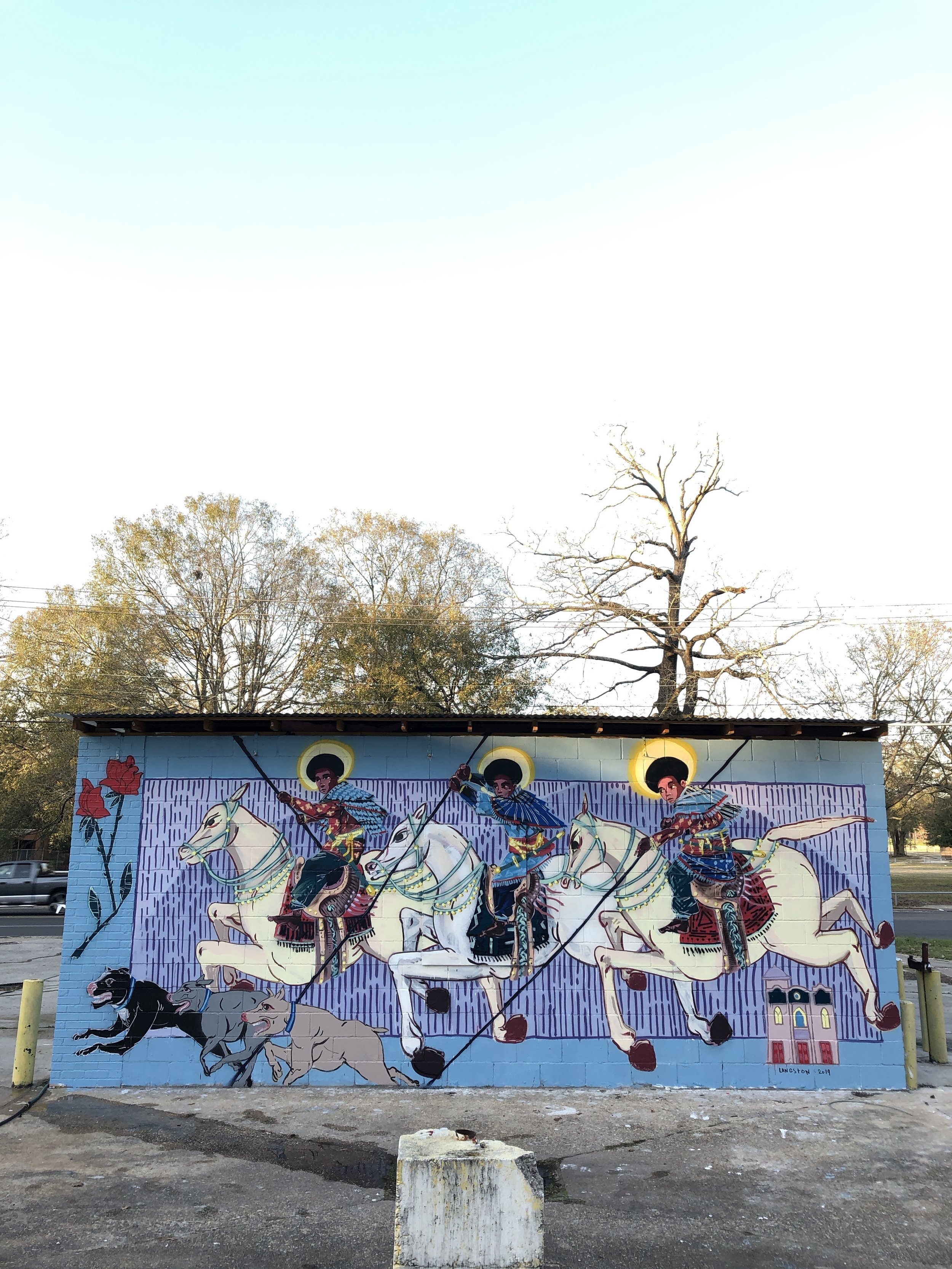
Installation for the Walls project MLK day of service, 2018
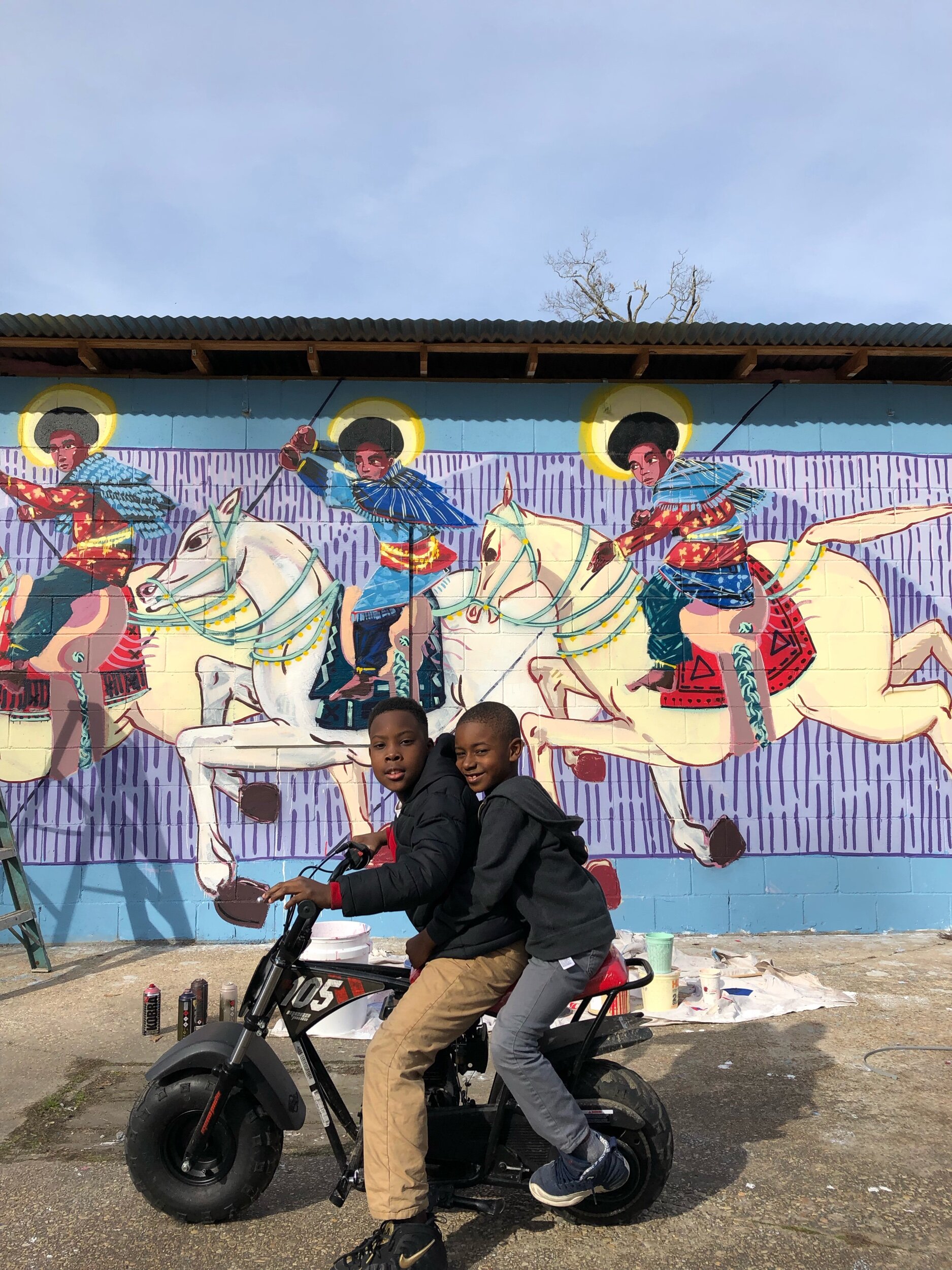

1/2 of the Box Truck Gallery project, with Henry Lipkis
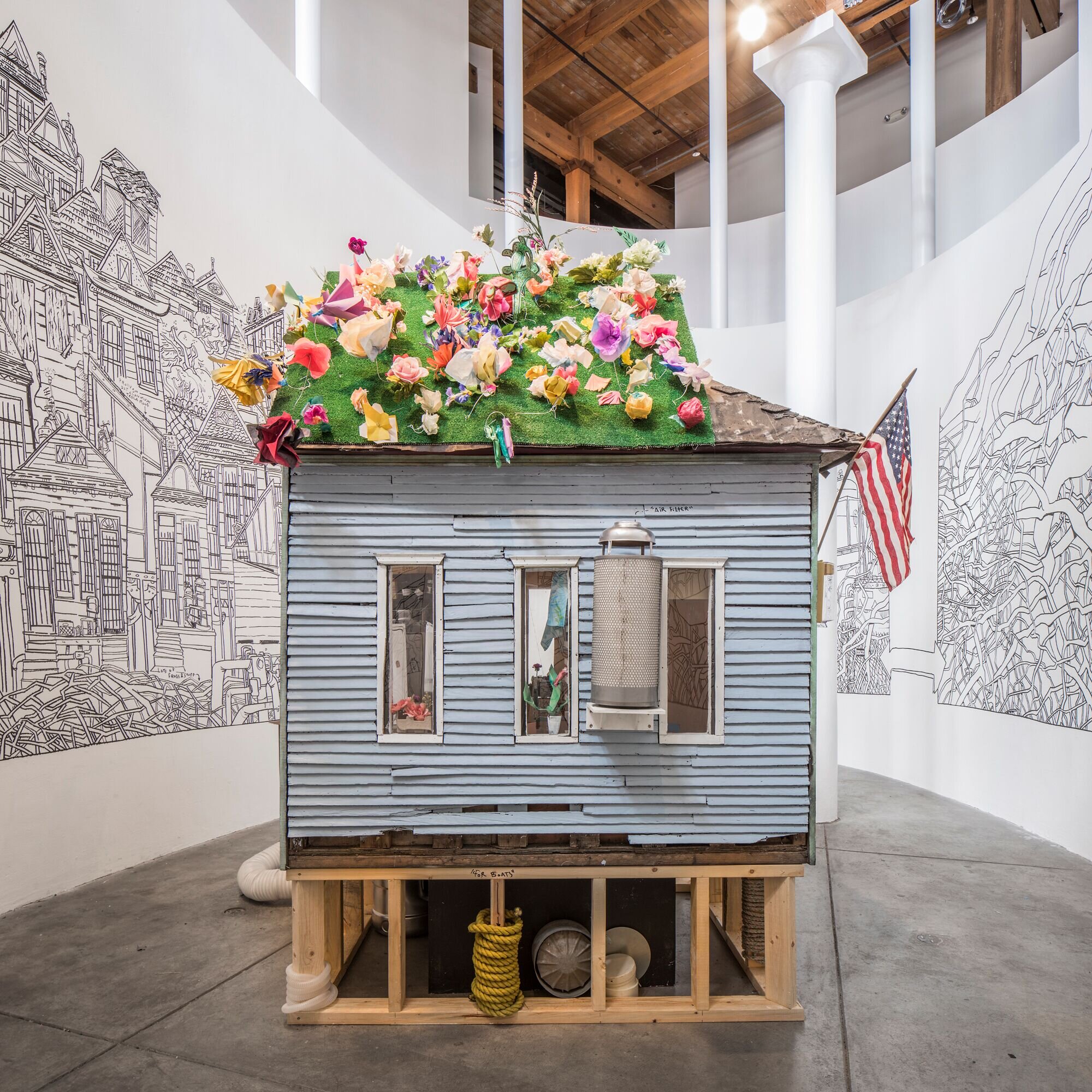
Installation with the Contemporary Art Center Teen board, CAC New Orleans, 2018
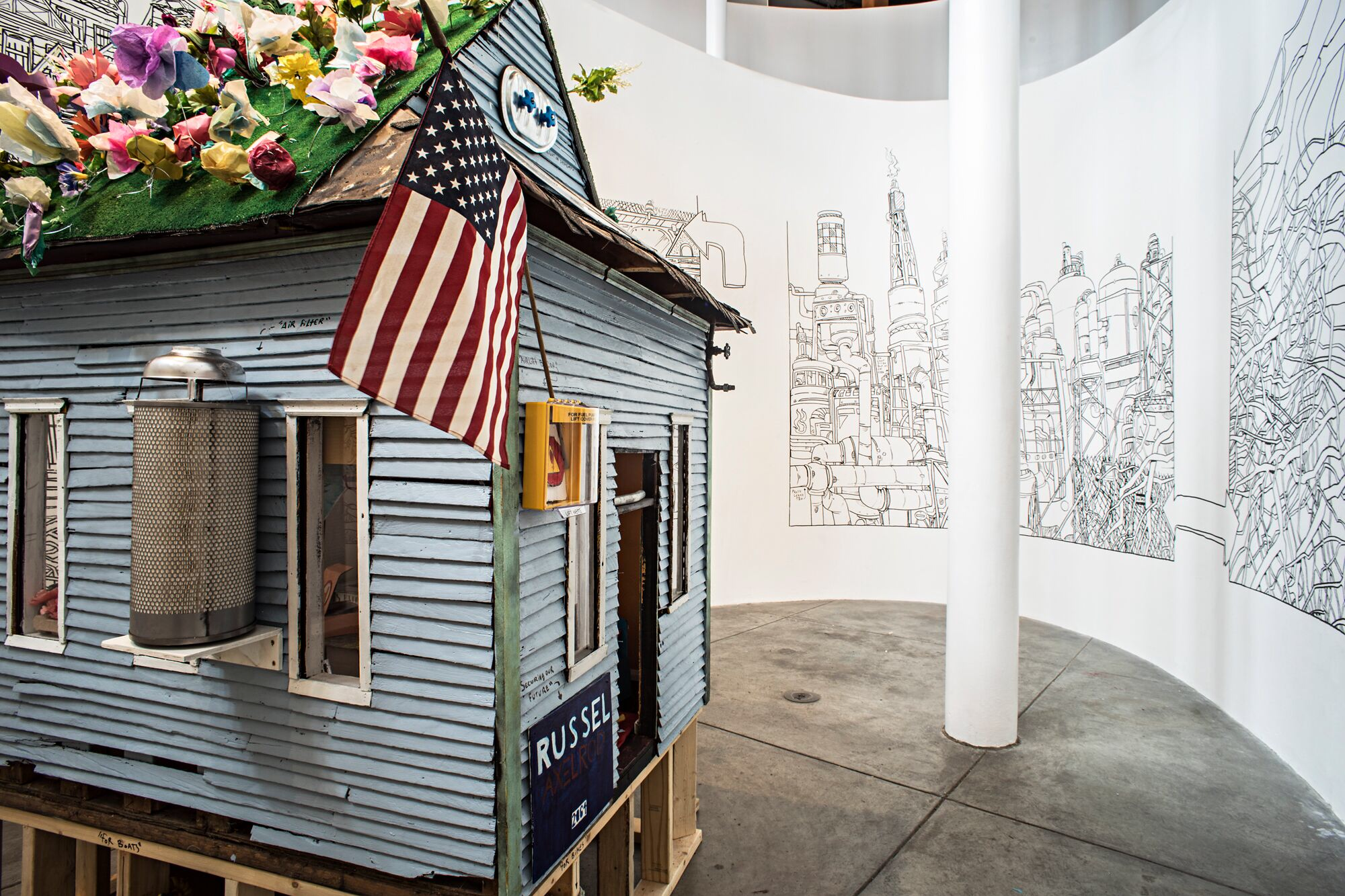
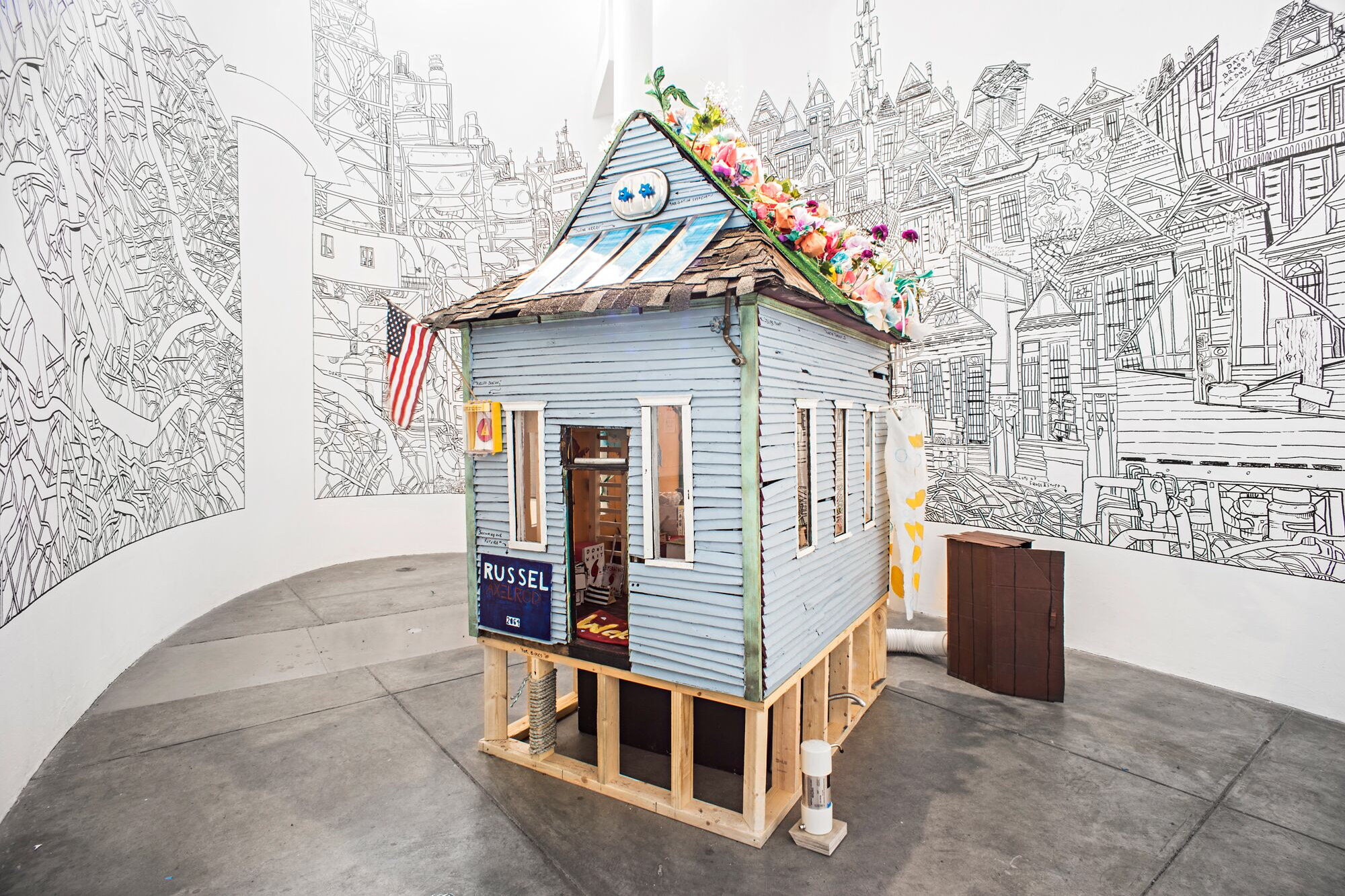
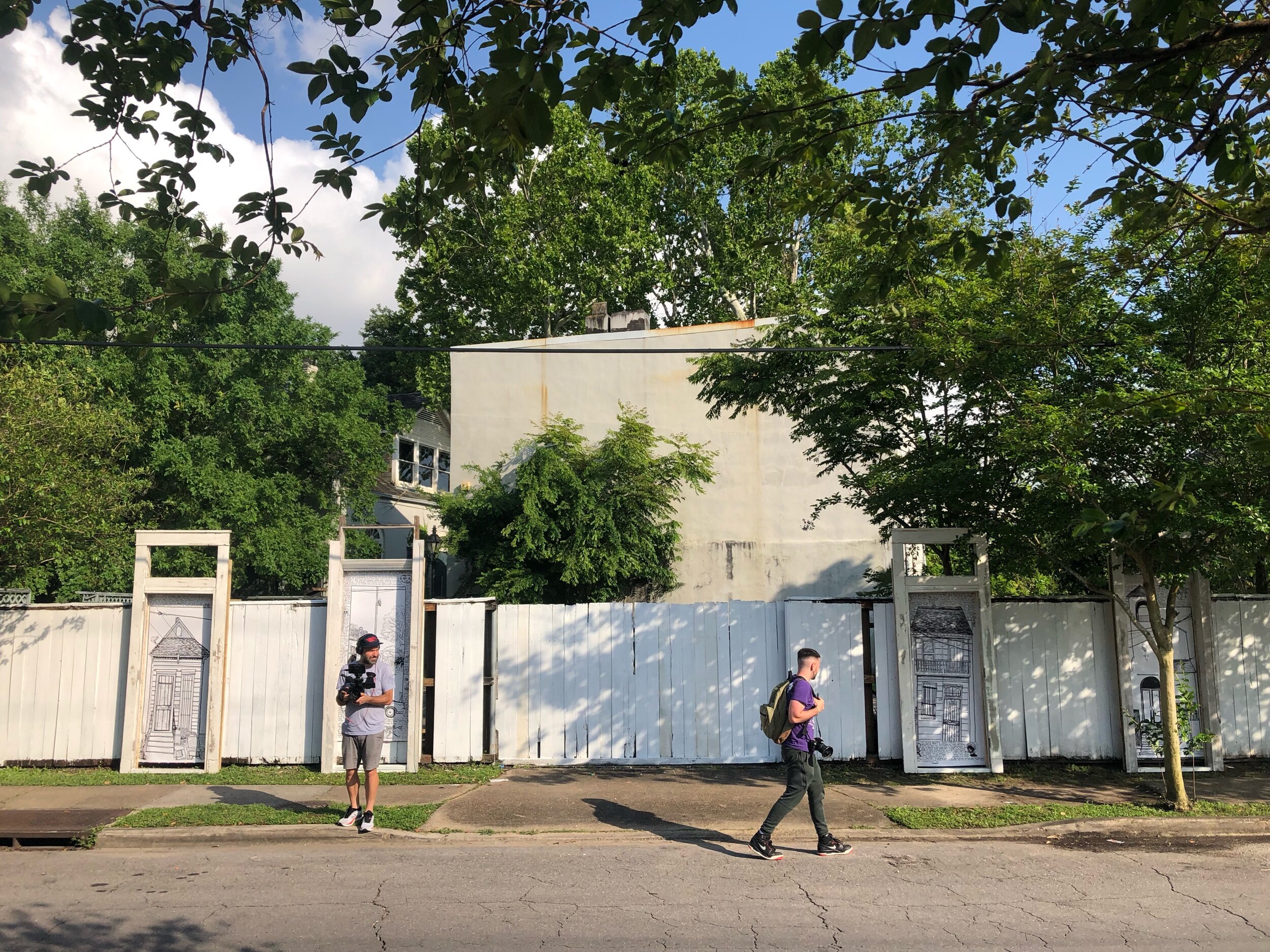
Installation at the New Orleans Museum African American Museum, for Paper Monuments, 2019
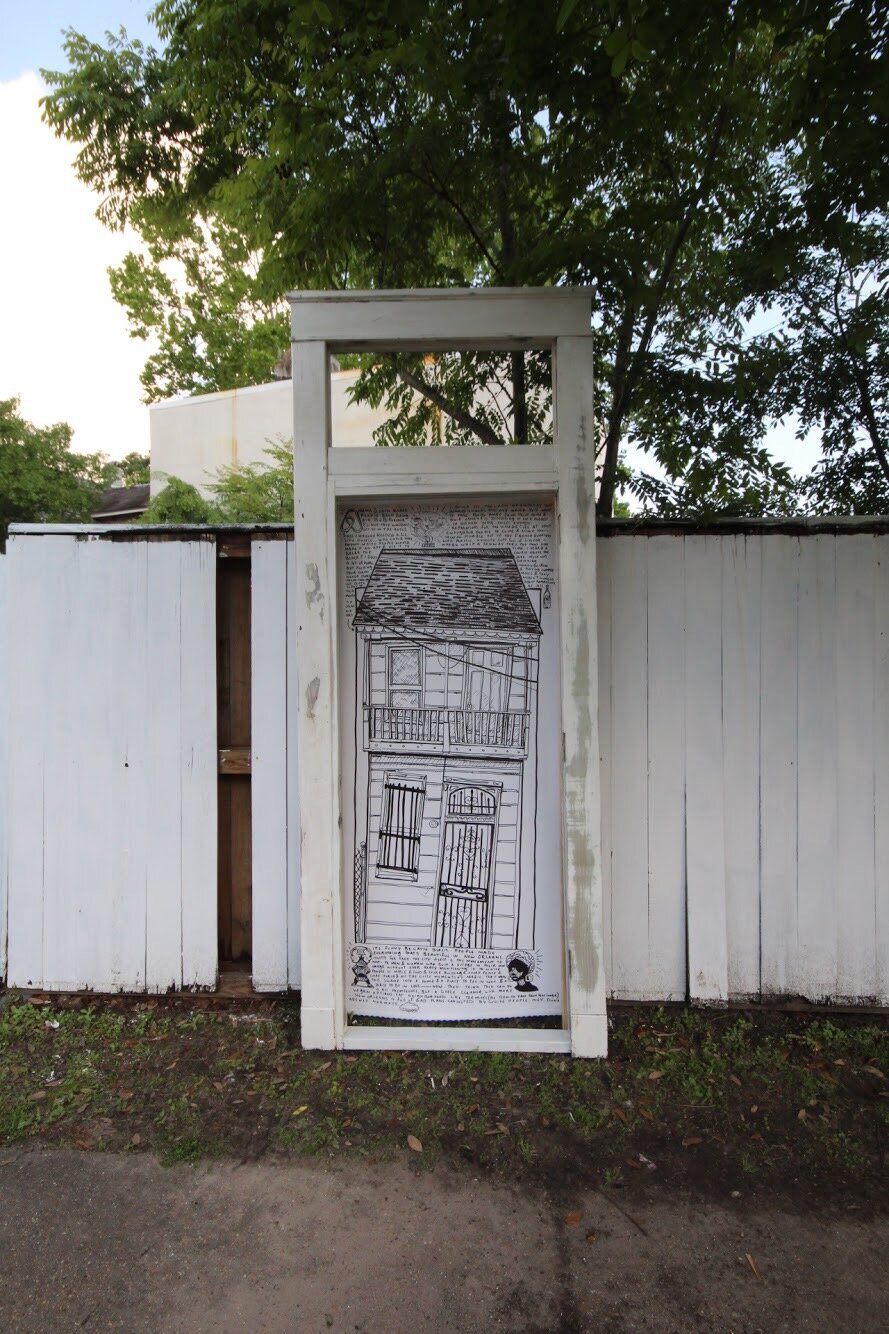
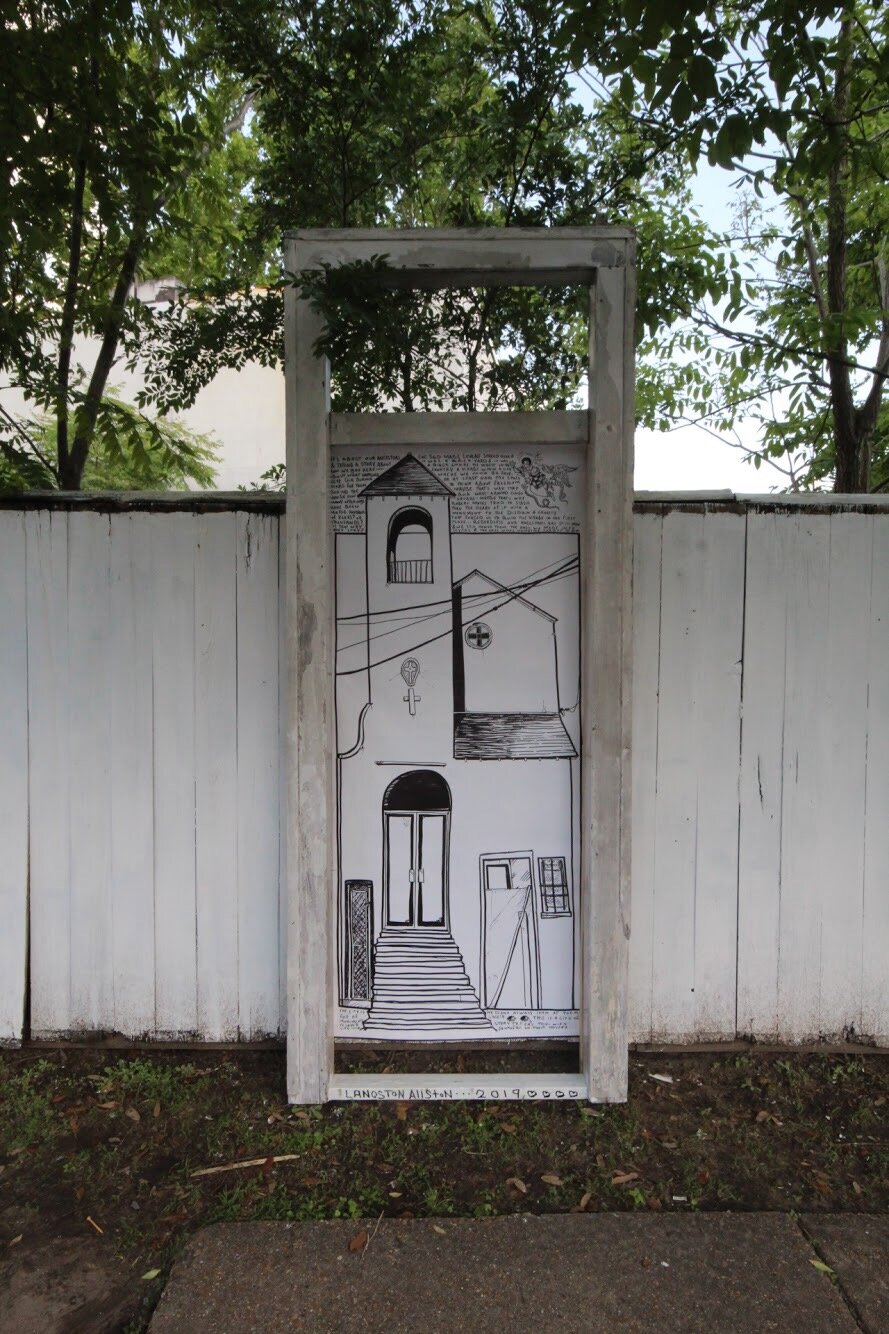
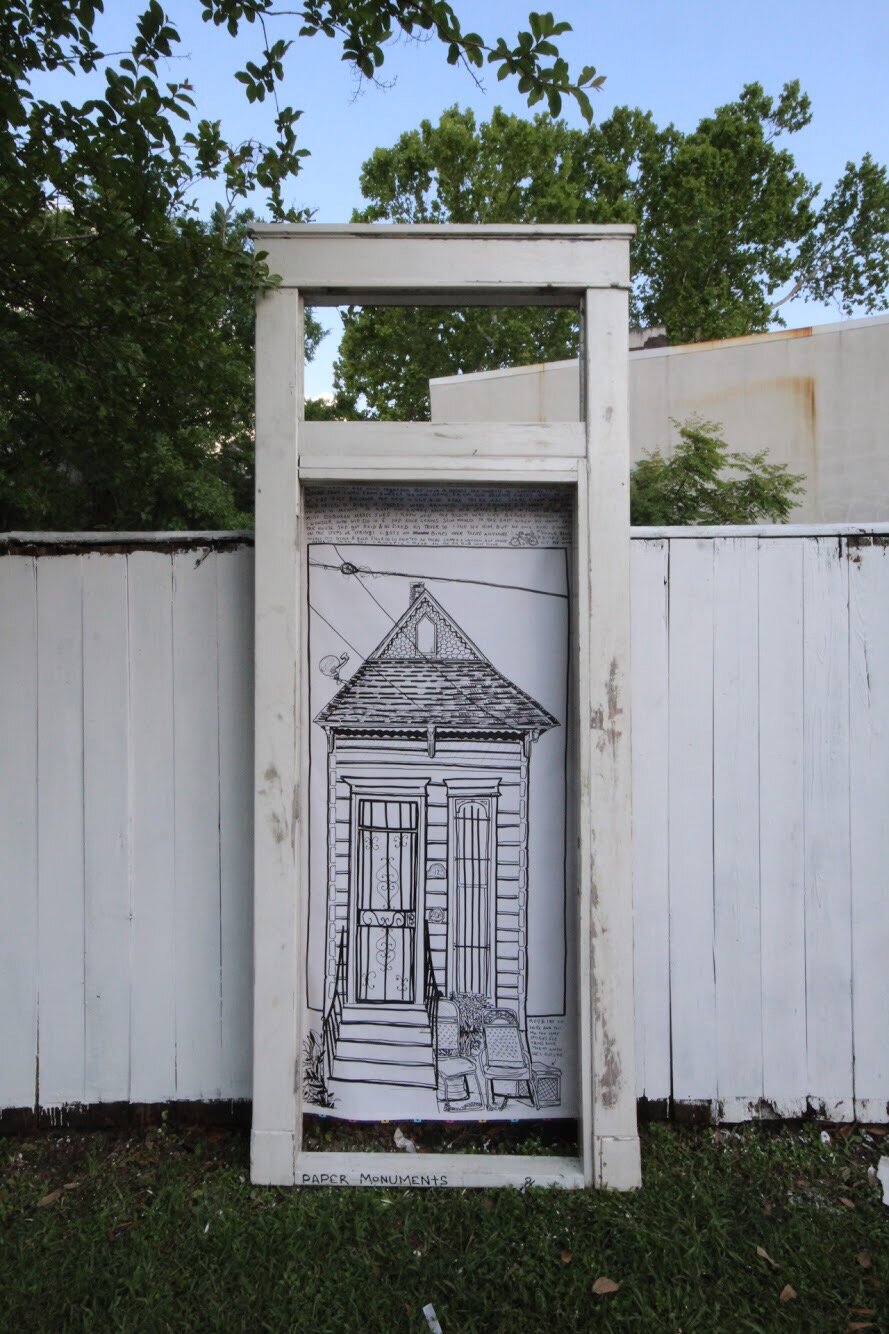
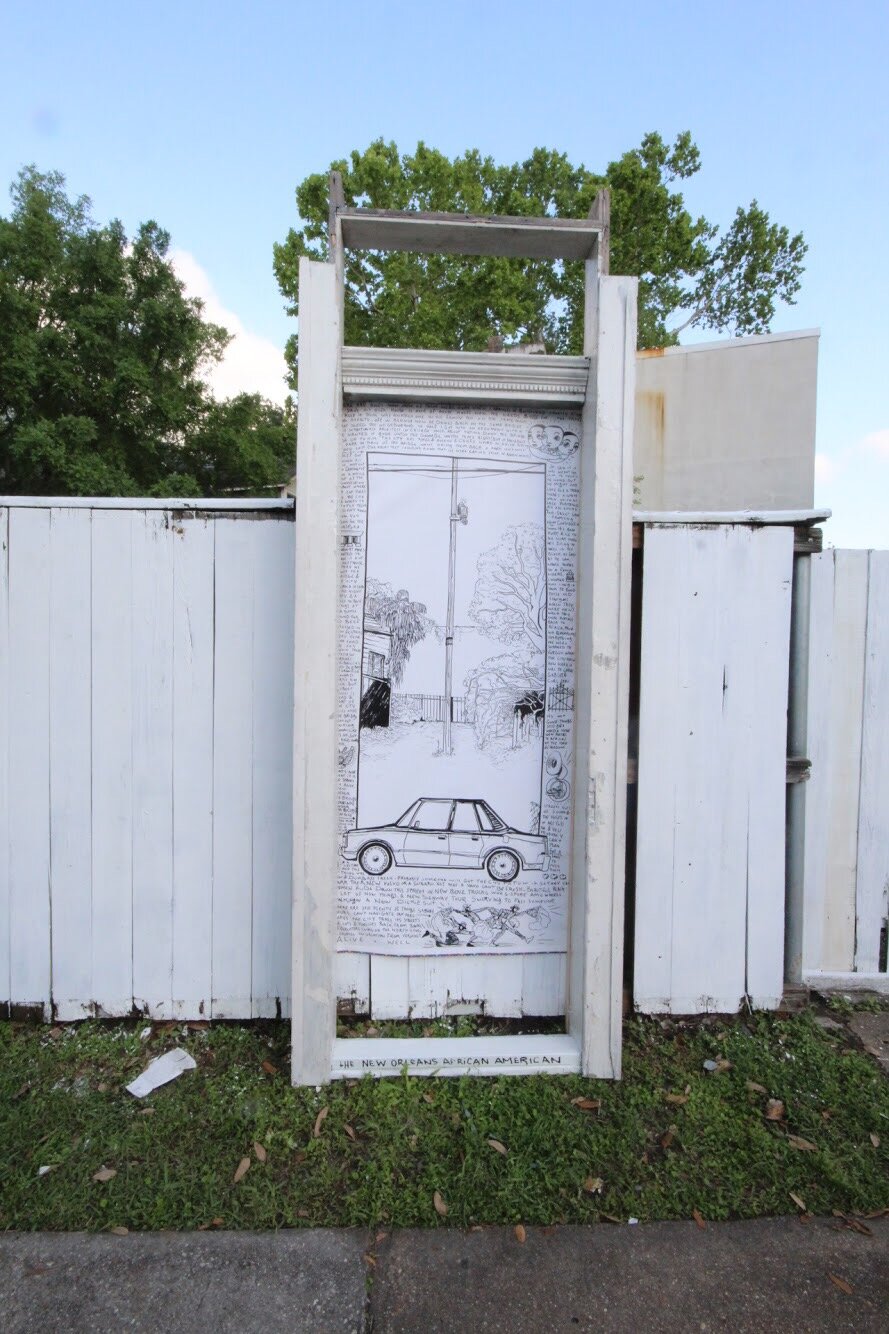
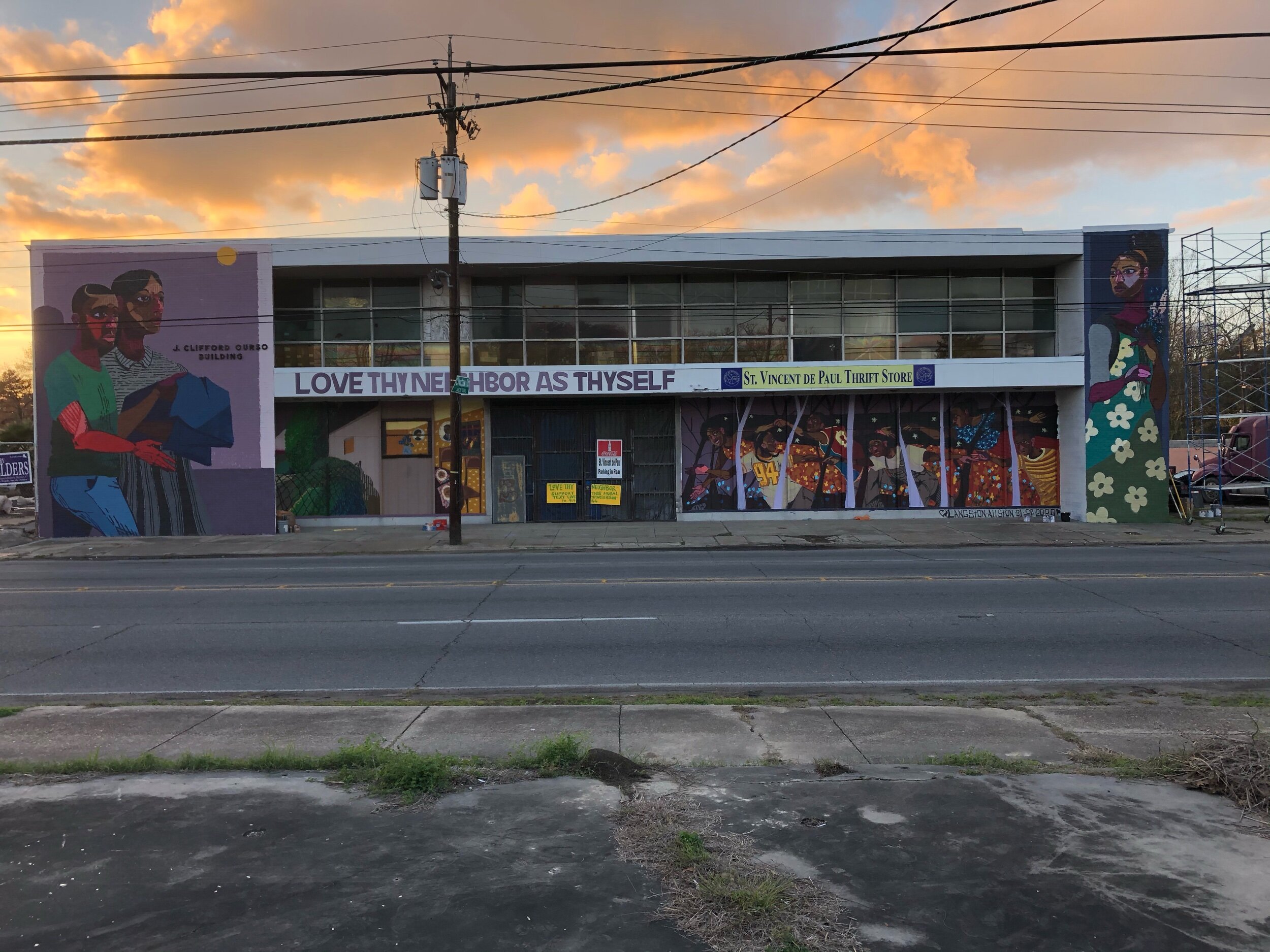
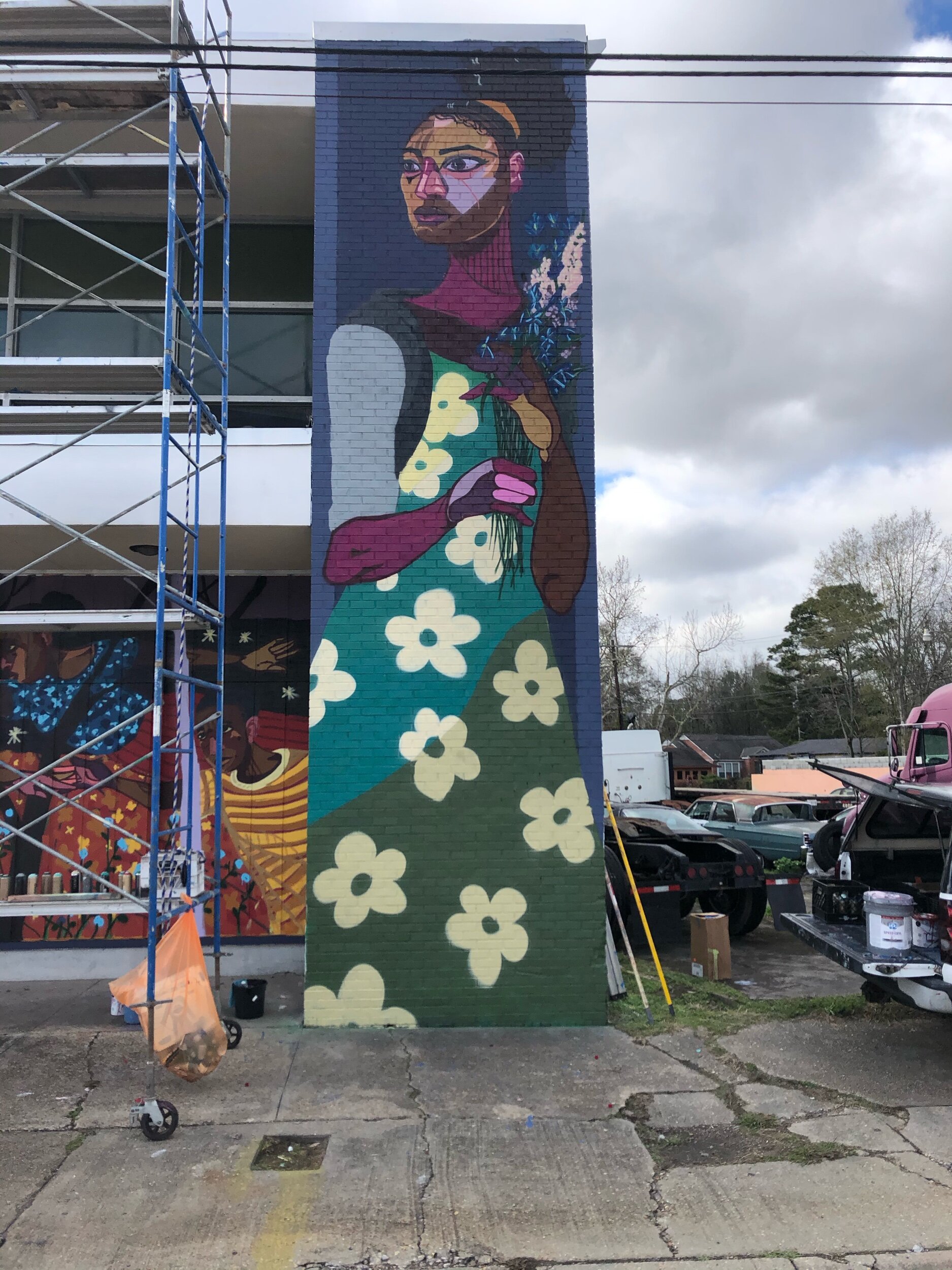
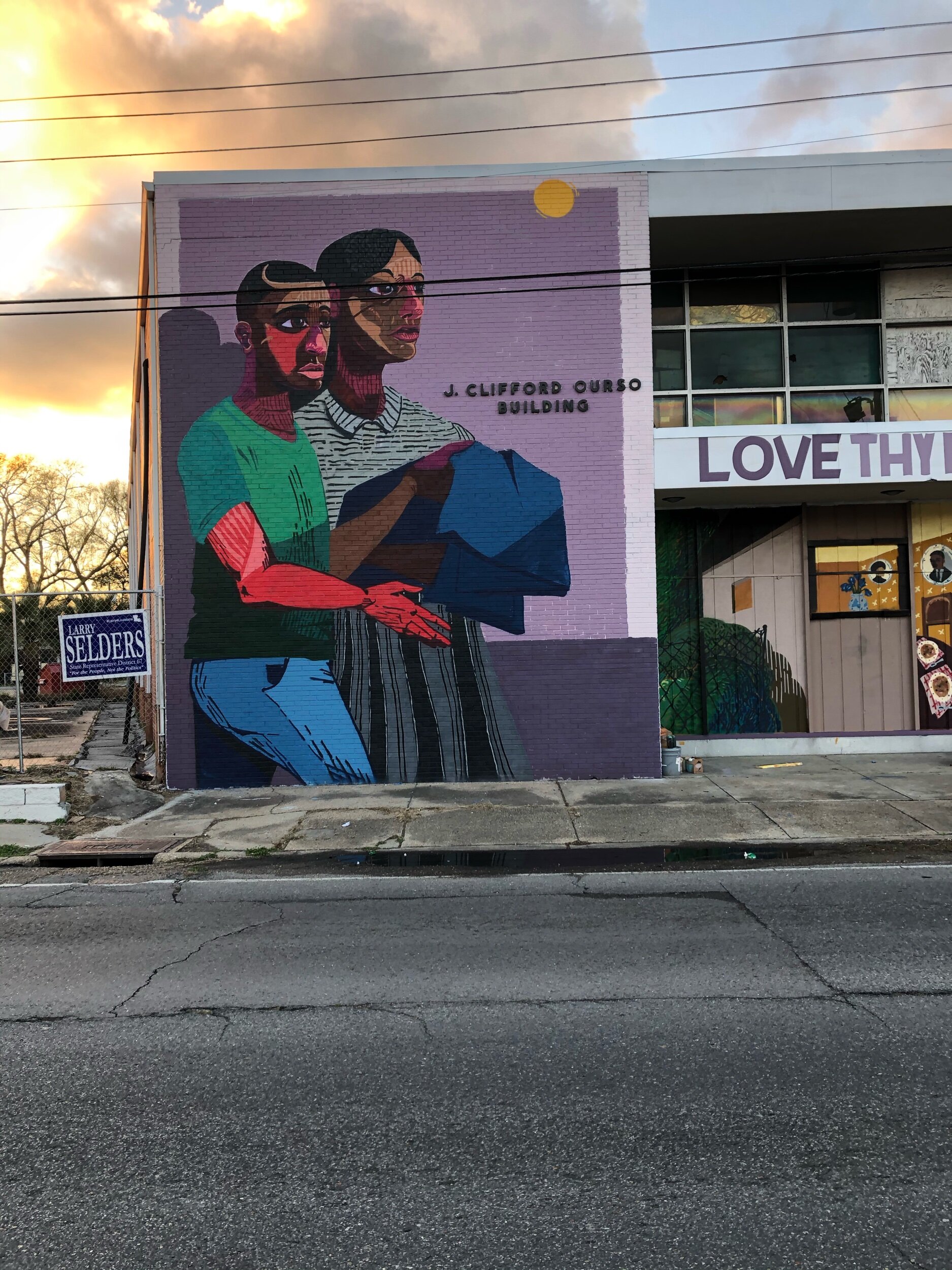
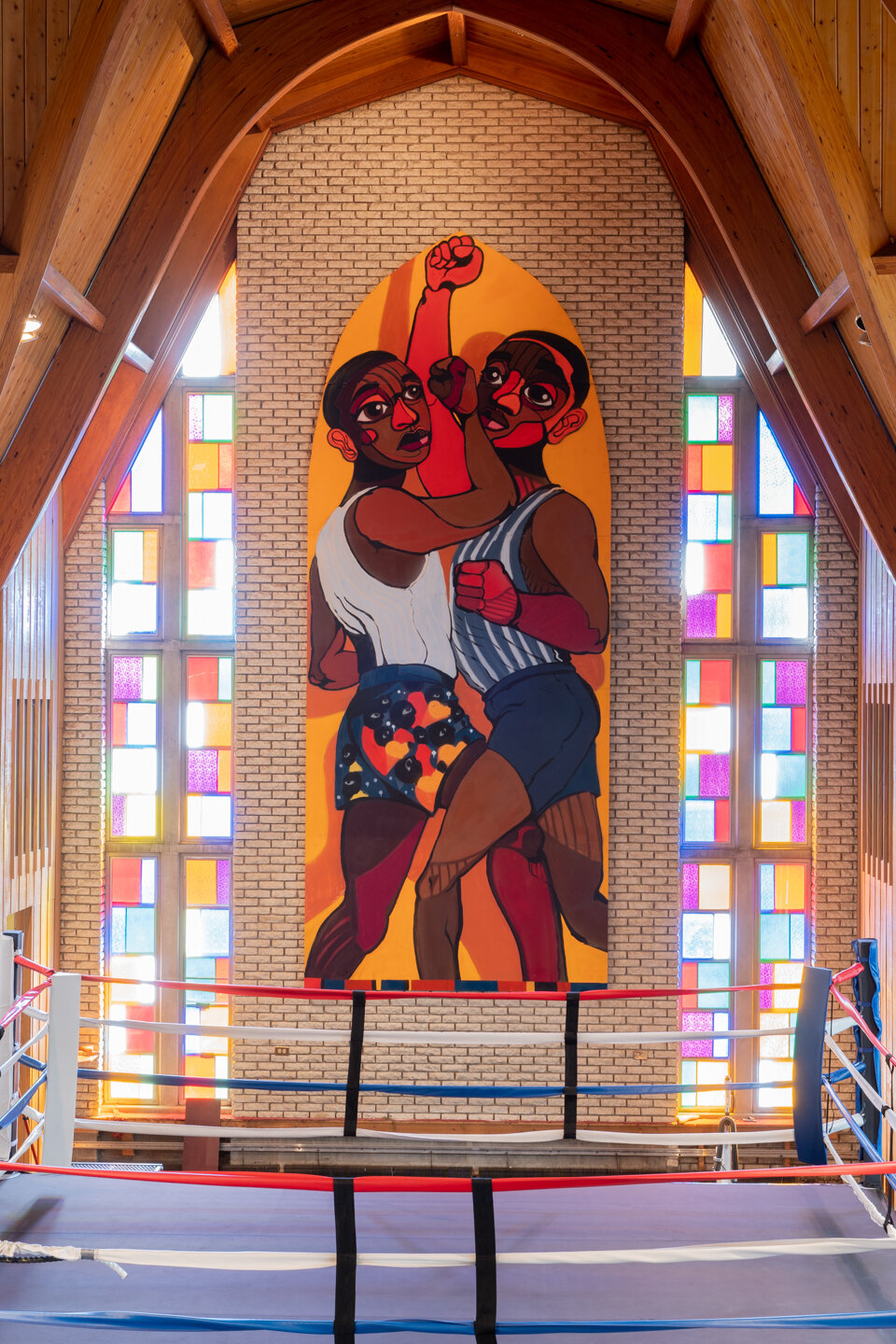
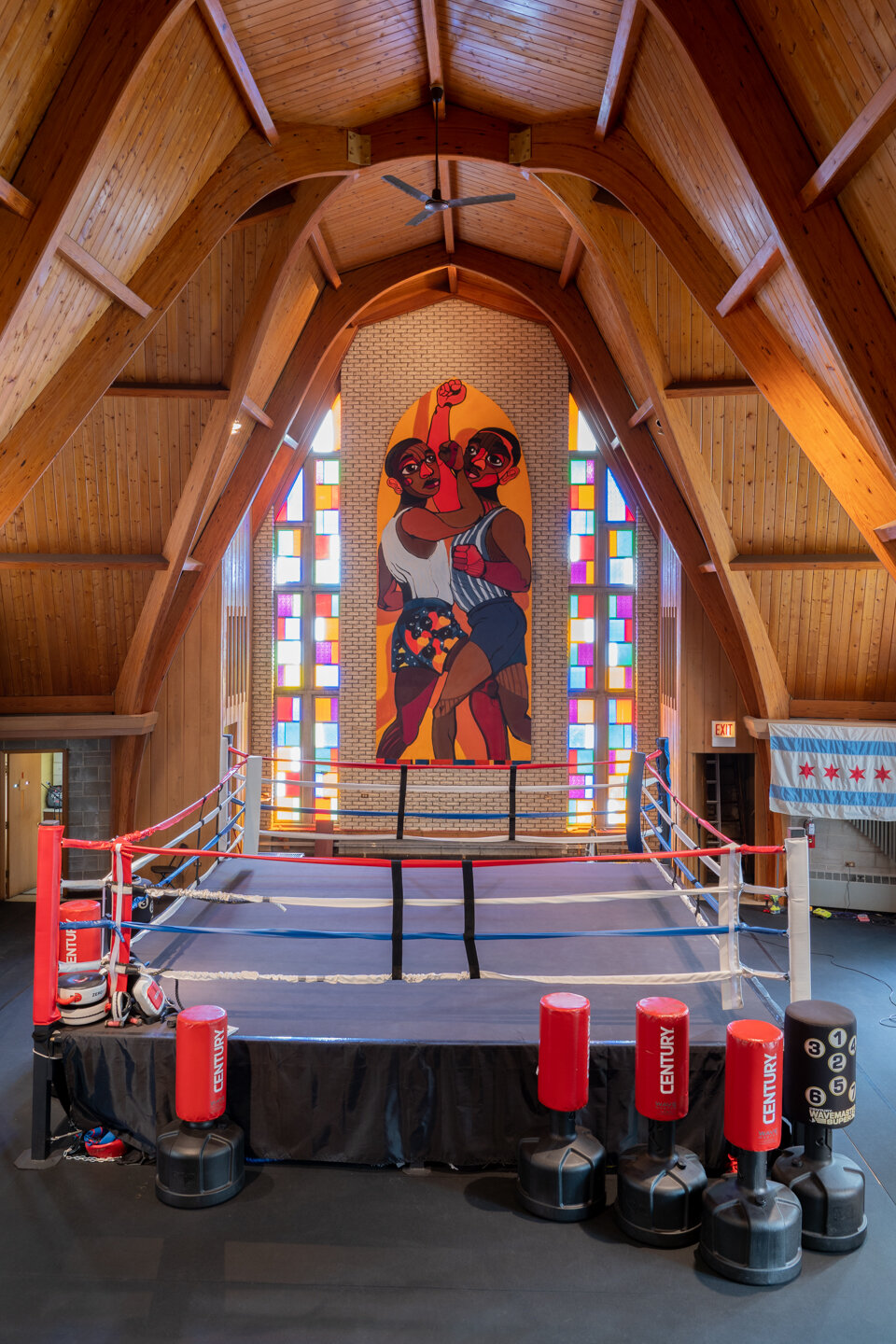
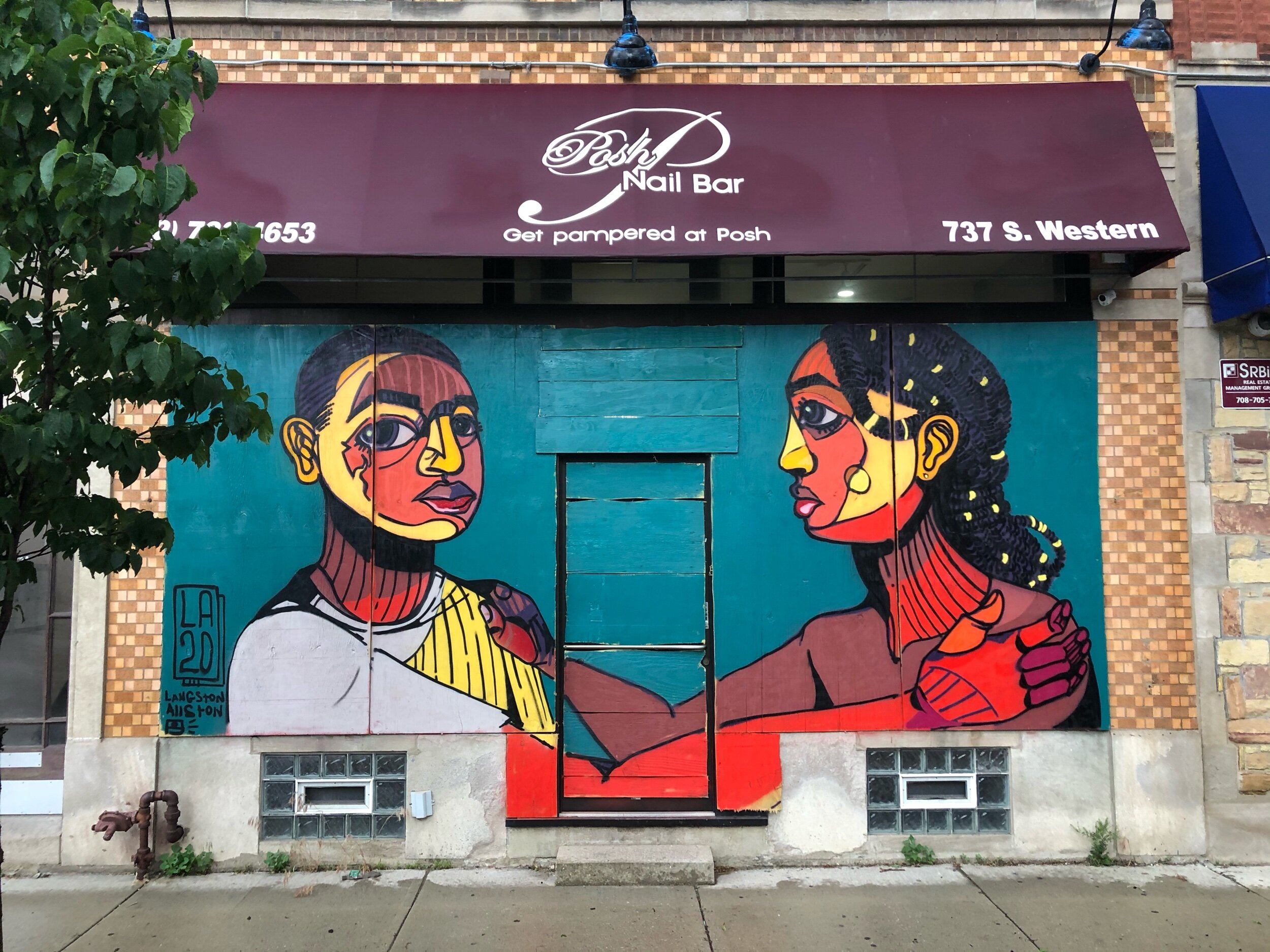
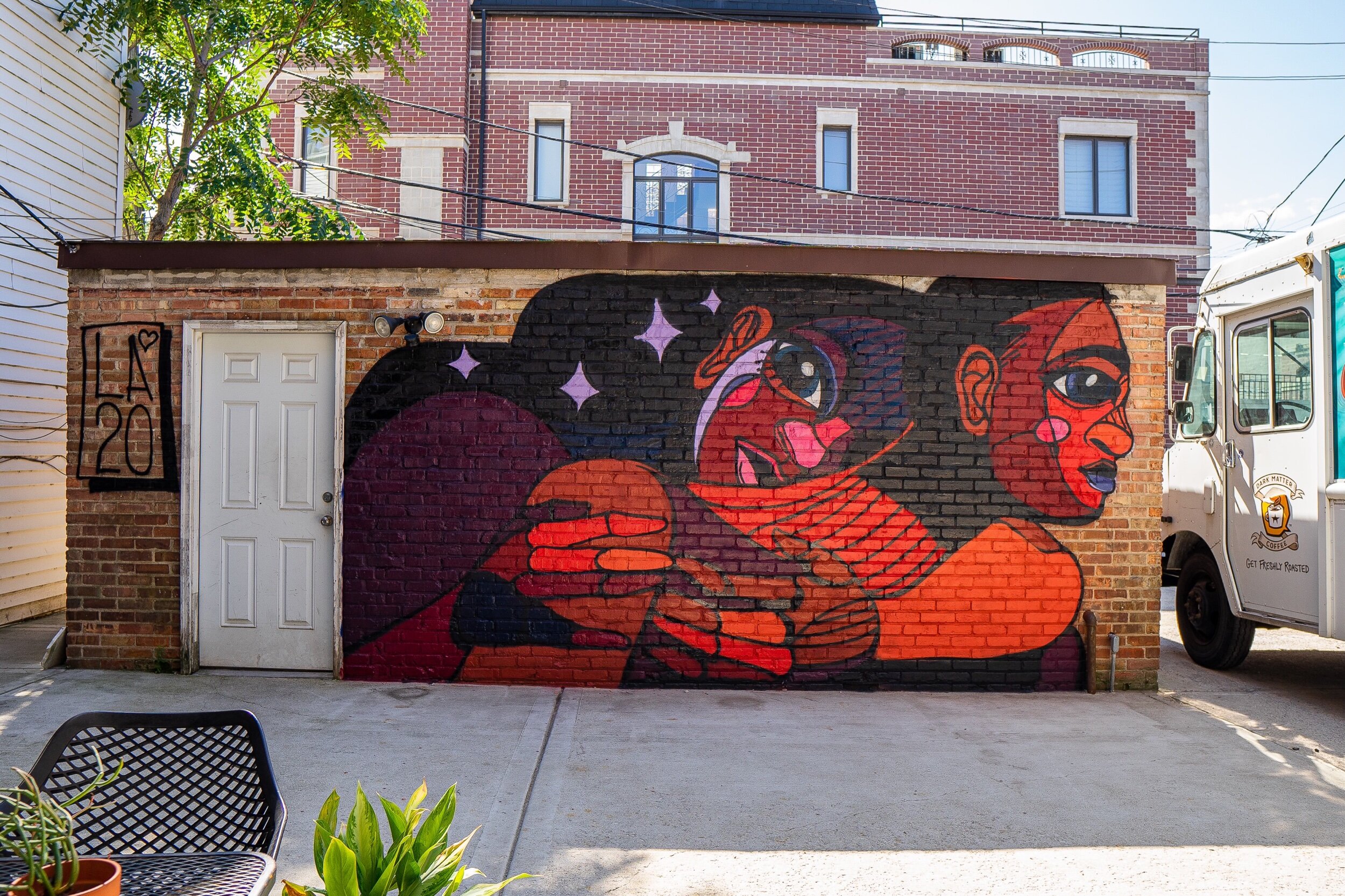
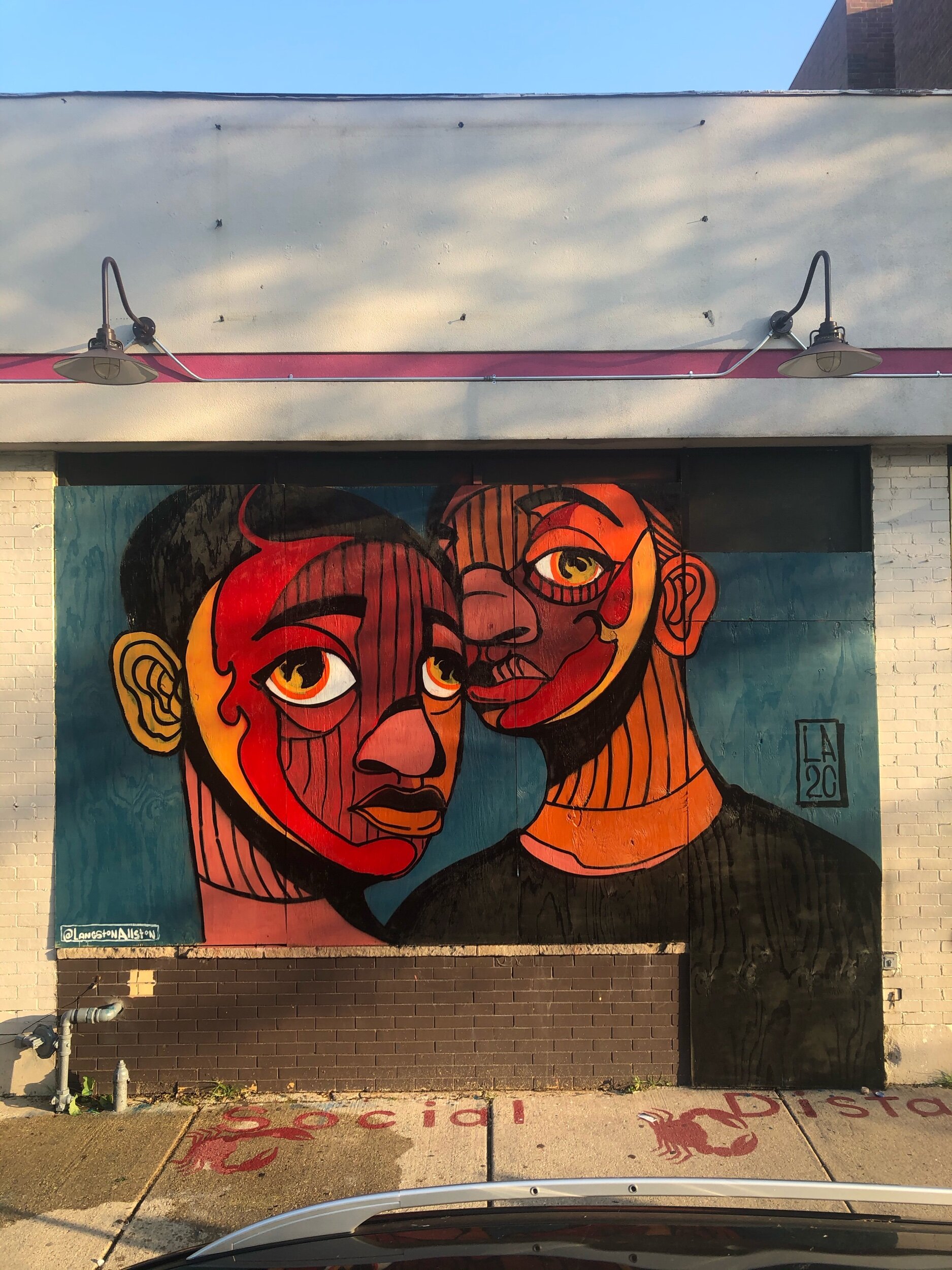
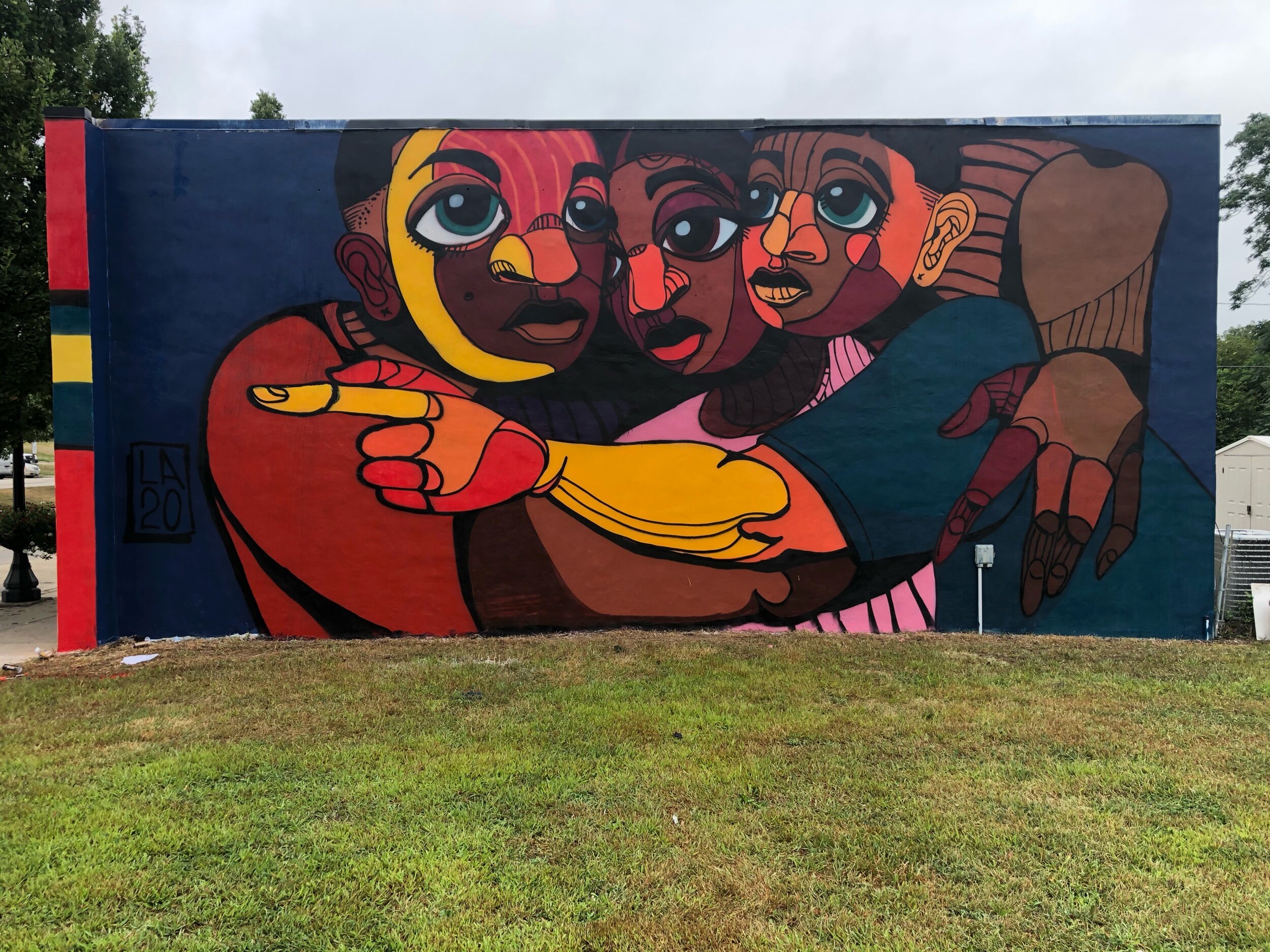
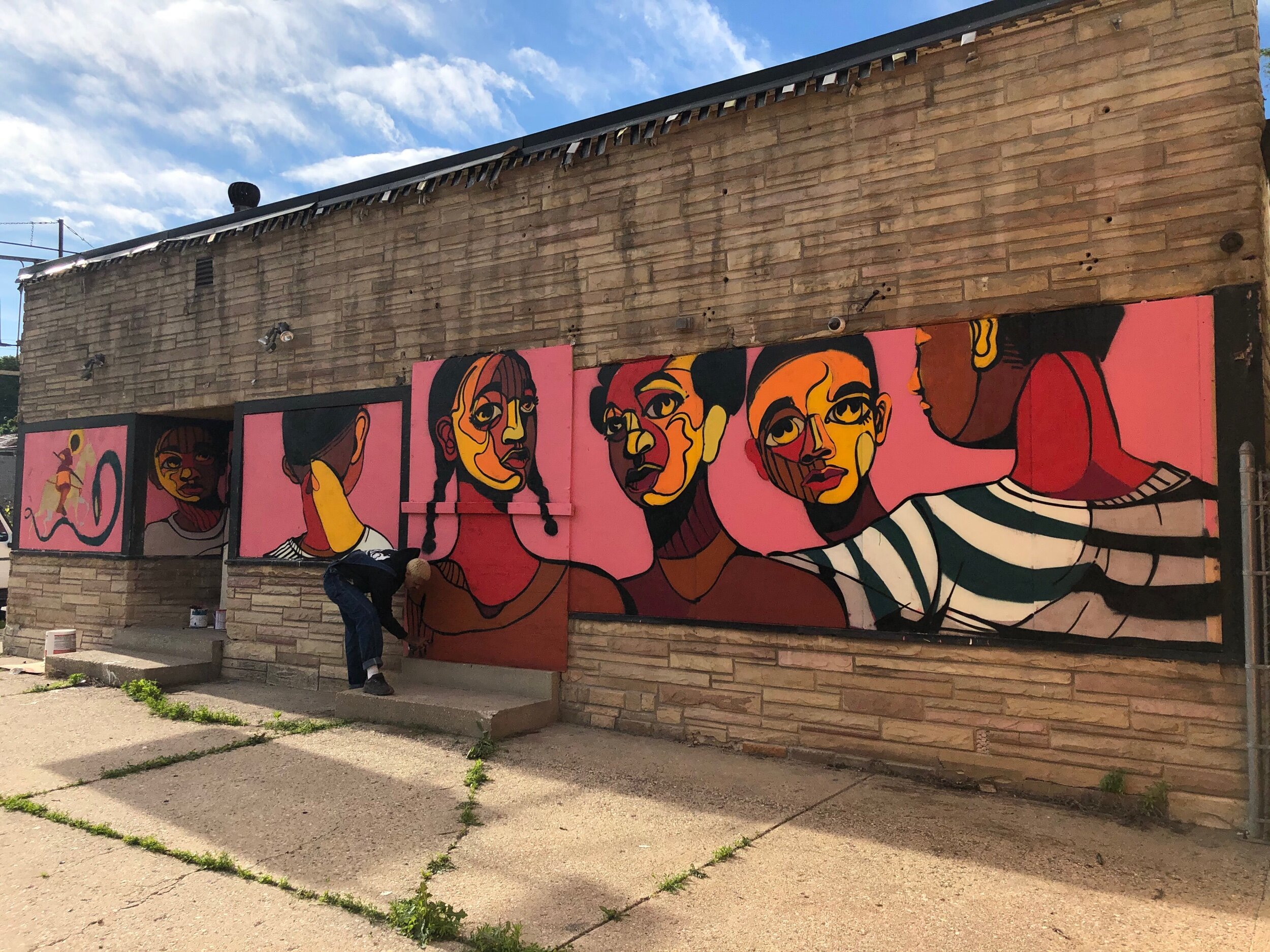
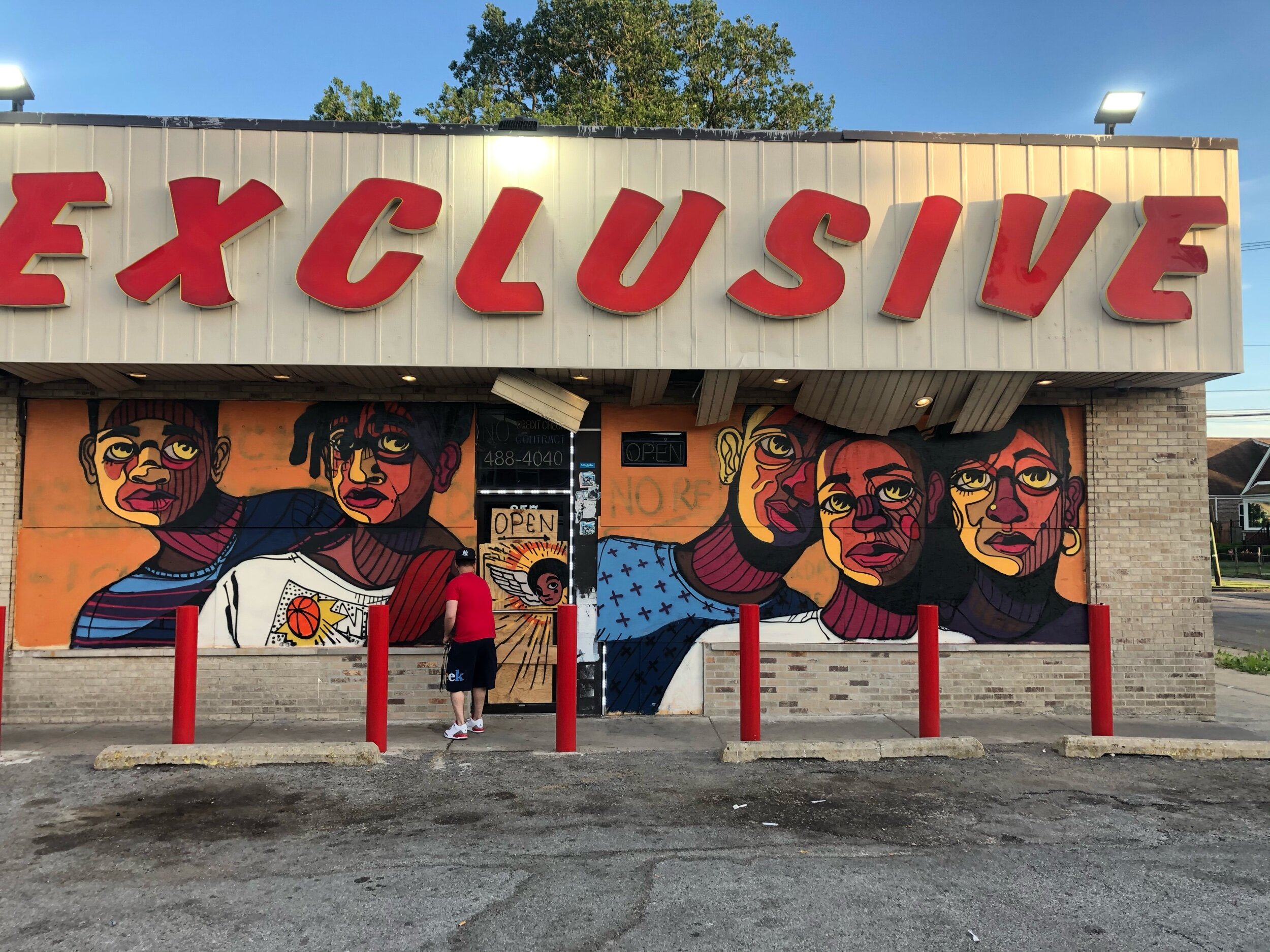

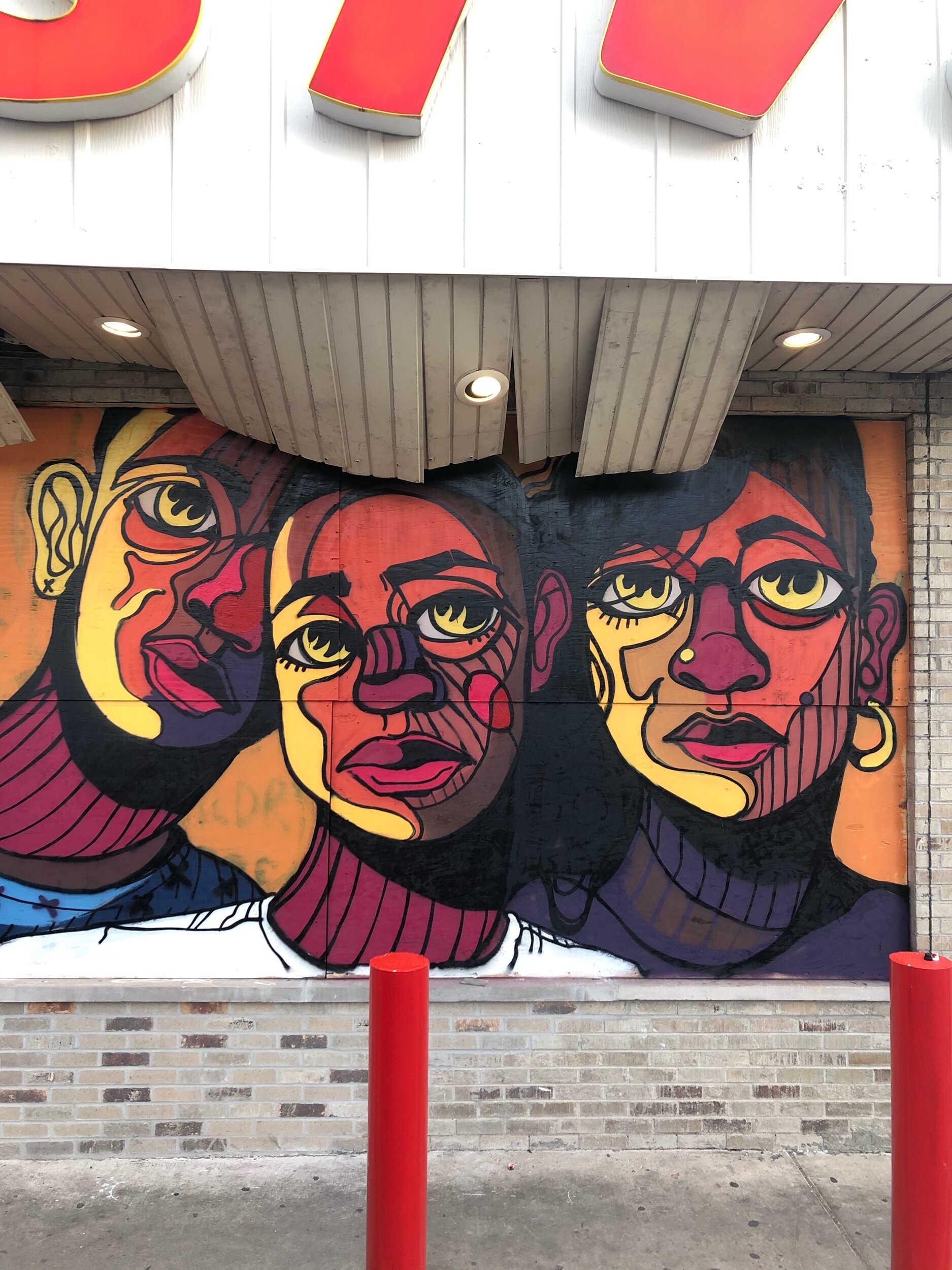





























After “Everything Must Go” by Kevin Coval, 2019
Andre Callioux and Father Maistre’s lives are intimately wrapped into the history of the city. They were trailblazers in the ongoing fight for justice and equality in New Orleans. Cailloux fought valiantly to lift the people of New Orleans out of slavery through his role as an officer in the union army. Father Maistre was the only catholic priest in Louisiana to vocally advocate for emancipation during the Civil War. While his past is checkered with accusations of corruption, during his time in New Orleans he worked for equality and for justice, even when that put him at odds of the Church, and the white members of his congregation.
Maistre organized Callioux’s funeral, and venerated his sacrifice on the battlefield. The funeral proved to be a revolutionary demonstration of the cities conviction to end slavery, and to recognize and respect New Orleans’ black residents. It was the largest gathering of African Americans, free and enslaved, in the city up to that point in history. The massive funeral procession extended more than a mile through the city, and provided a powerful counterpoint to the constant support for slavery and the Confederacy most white New Orleanians maintained throughout the war.
Installation for the Walls project MLK day of service, 2018
1/2 of the Box Truck Gallery project, with Henry Lipkis
Installation with the Contemporary Art Center Teen board, CAC New Orleans, 2018
Installation at the New Orleans Museum African American Museum, for Paper Monuments, 2019